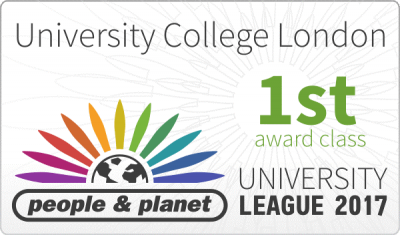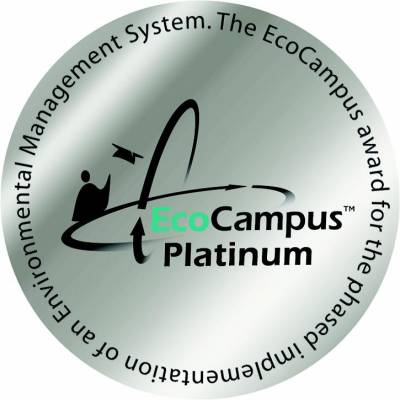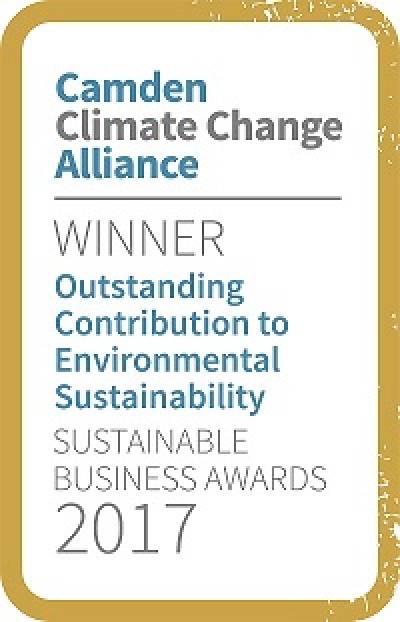The UN Sustainability Development Goals- what's UCL's role to play?
23 May 2017
Blog by Richard Jackson, UCL Director of Sustainability
Earlier this month, I attended the Environmental Association of Universities and Colleges (EAUC) conference at Lancaster University. The conference offers the opportunity for UK higher education institutes (HEIs) to share best practice and discuss the emerging challenges.
The focus for this year's conference was the United Nations Sustainable Development goals. Launched in 2015, the UN Sustainable Development Goals (SD Goals) were developed as a successor to the Millennium Development Goals, and are a set of goals, targets and indicators which provide UN member states with a frame for their own policies and agendas. These include a range of social, economic and environmental goals such as no poverty, zero hunger, gender equality, sustainable cities and communities.
Why are the Sustainable Development Goals relevant for universities?
We are facing multiple challenges as a global society: political uncertainty, increasing levels of consumption, the impact of technology on our economies and society, to name but a few. The SD goals provide the framework for addressing some of these challenges and aim for real impact. The EAUC conference explored ways in which universities can play a key role in addressing these sustainability challenges as universities and colleges are in many ways, uniquely placed:
- As mini towns, the conference considered how some of the SD challenges can be addressed through university campuses. Many universities are looking at how their physical setting can address issues of climate change and resource scarcity.
- As communities within wider communities, the conference looked at what universities and colleges are doing to play greater roles in society through social responsibility. For example, both the University of Bristol and the University of the West of England have been working with Bristol City Council to offer opportunities to students to work and support local groups and social enterprises.
- As educators, we heard how the HEIs are working with students, staff and supply chains, to enhance education in sustainability. Manchester University has developed their 10,000 actions programme to engage with all of their staff and their supply chain .
- And, as innovators, researchers and knowledge sharers, we heard a number of great examples in which universities are acting as test beds for innovation. The University of Cambridge has been developing a Living Lab programme, offering opportunities for applying its research work to real life settings.
- And UCL has equally been working hard to deliver sustainable change. We are working to create a more sustainable campus and have led a sector-wide initiative to develop a sustainable assessment methodology for refurbishment projects.
The SD goals act as an important framework for our work as universities and as UCL begins the process of reviewing our Sustainability Strategy, there is much for us to consider and plenty of good examples to draw on. We will also be looking for ideas from across our community when we begin consultation later this year. Look out for this in our monthly newsletters.
 Close
Close






